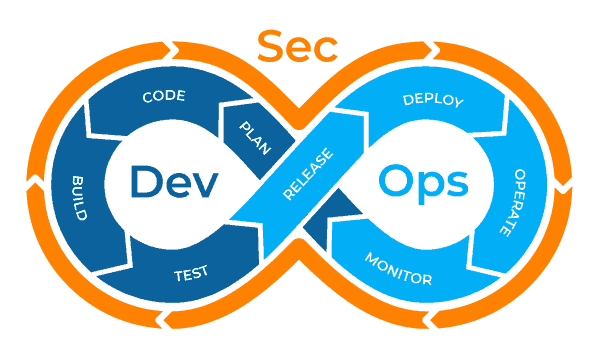DevSecOps has had a major impact on the software development world in recent years. DevSecOps practices focus on making security a central part of the entire software development life cycle (SDLC). This security-driven methodology is completely unlike traditional programming models – where quality assurance (QA) was a minor step saved for the end. As a software engineer yourself, you should know the effects of integrating DevSecOps into your secure development pipeline. This way, you can accelerate your programming pace, elevate quality, and simplify delivery. Plus, it will make you more prepared to start working with other safer technologies. Read on to learn the impact of DevSecOps practices on the software development world.
Maximize Speed
First off, DevSecOps practices have had a significant impact on programming speed. Embracing DevSecOps helps teams accomplish lots of time-consuming work quickly. These security-focused practices accelerate timelines, minimize delays, and support scalable operations. Rapid programming speeds make teams more likely to achieve their goals. Plus, added speed can contribute to stronger collaboration, established processes, and lower dependencies. Certainly, the introduction of modern DevSecOps practices enables software engineers to maximize speed and accelerate workflows.
Minimize Harmful Vulnerabilities
In addition, embracing DevSecOps culture, tools, principles, and practices can minimize harmful vulnerabilities. Use powerful DevSecOps tools like JFrog Xray to prevent the deployment risk of vulnerable release packages. These solutions offer automated governance functionality – which rapidly notifies you of compliance or security violations. Plus, these features block downloads and failed builds that may contain vulnerable components. Using these solutions, you can additionally access advanced software composition analysis (SCA), static (SAST), dynamic (DAST), and interactive (IAST) application security testing capabilities. Certainly, embrace DevSecOps to reduce vulnerabilities throughout your custom software system.
Drive Product Sales
In the long run, DevSecOps has a serious tendency to increase product sales. The more secure an application is – the more it will sell. Today’s customers and users place an incredibly high priority on their personal data privacy. These operations strengthen the entire security posture, architecture, and configuration of your application. Once you know this, you can make this top-tier security a central piece of your sales pitch and brand message. Not only will your product be more secure, but DevSecOps also makes applications easier to fix. This can instill further confidence in your target user base. Indeed, follow DevSecOps principles to drive up product sales.
Promote Security Uniformity
Of course, DevSecOps can also have a significant impact on security uniformity. As mentioned previously, DevSecOps makes security an integral phase of your software development life cycle (SDLC). As such, it assures that necessary security functions be handled consistently, precisely, and uniformly. DevSecOps experts apply consistent security measures every time a software application moves through specific build stages. Ultimately, it establishes a strong, dependable, and immutable security foundation. Here, systems are required to pass stringent checks, meet zero vulnerability expectations, and pass data privacy standards. Plus, you may be required to employ a secure, scalable continuous integration (CI) and continuous delivery (CD) lifecycle procedure. Absolutely, employ DevSecOps strategies to promote and encourage security uniformity.
Strengthen Compliance
Plus, DevSecOps can even help teams strengthen data compliance. DevSecOps integrates QA scans, reviews, checks, and inspections directly into your build pipeline. In addition, these cultural practices strongly emphasize automated vulnerability analyses. If you hire a dedicated DevSecOps programmer, they will treat compliance and governance with the utmost sensitivity. They may even implement structured procedures to accurately and consistently guarantee compliance. Ultimately, this can save your organization from significant fines, public scrutiny, and a damaged reputation. Definitely, follow DevSecOps strategies and techniques to strengthen compliance across your brand.
DevSecOps can have an immense impact on your software development organization. For a start, these proactive, security-driven techniques accelerate development, deployment, delivery, and distribution speeds. This is crucial for teams managing tight deadlines or rigid stakeholder expectations. In addition, they minimize occurrences of dangerous, hazardous, and potentially-catastrophic vulnerabilities. You can keep vulnerabilities at an all-time low with powerful software supply chain security tools. More, DevSecOps holds the potential to seriously ramp up product sales. After all, more secure products almost always sell better. Plus, these efforts can encourage security uniformity. DevSecOps establishes a strong, structured, and scalable security foundation. This alleviates stakeholder concerns, inspires confidence, and protects user privacy. It can even lead to stronger data compliance operations. This is necessary to keep your team out of headlines, news articles, or costly lawsuits. Follow the points above to learn about the impact of DevSecOps practices on the software development world.





